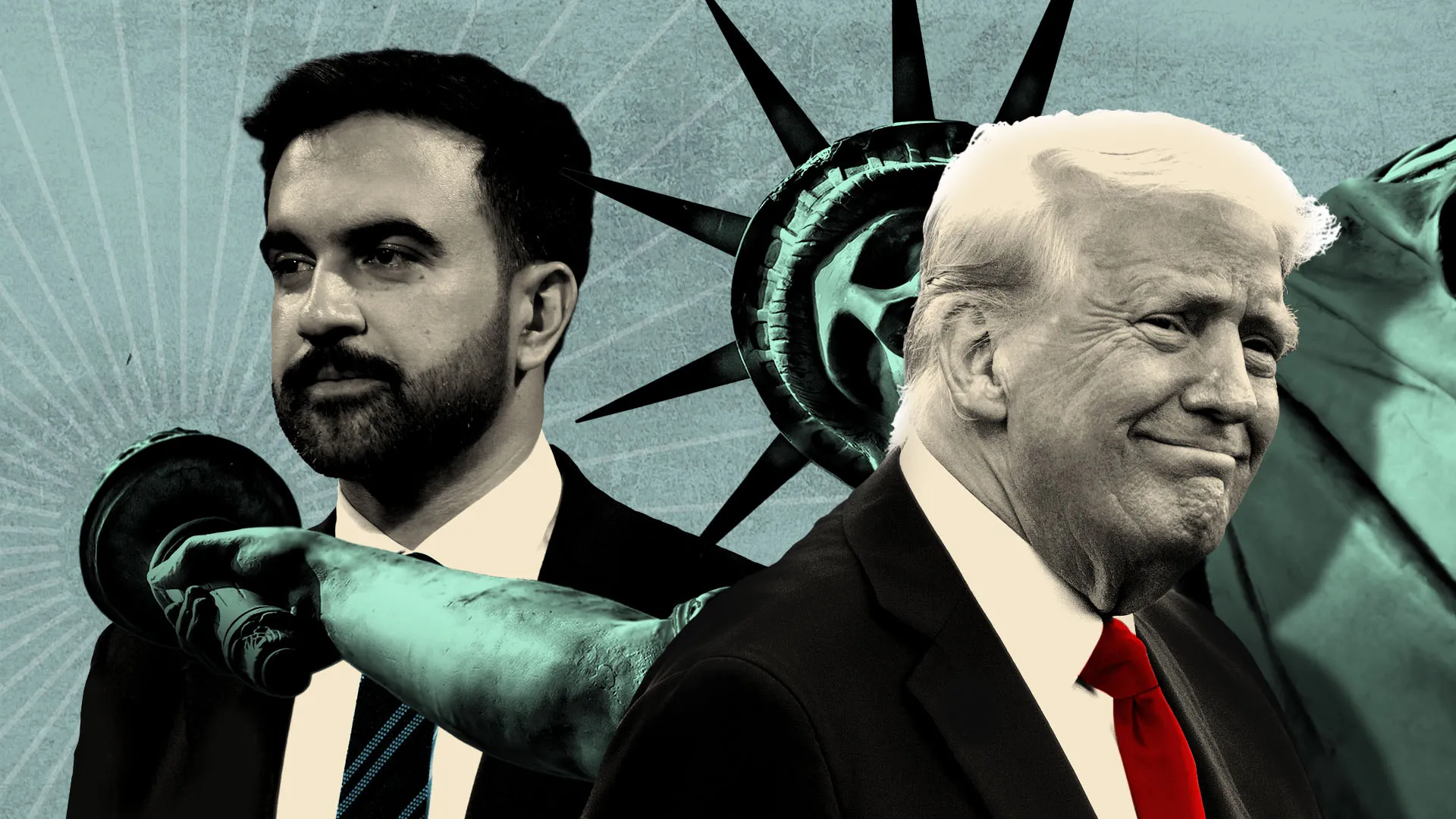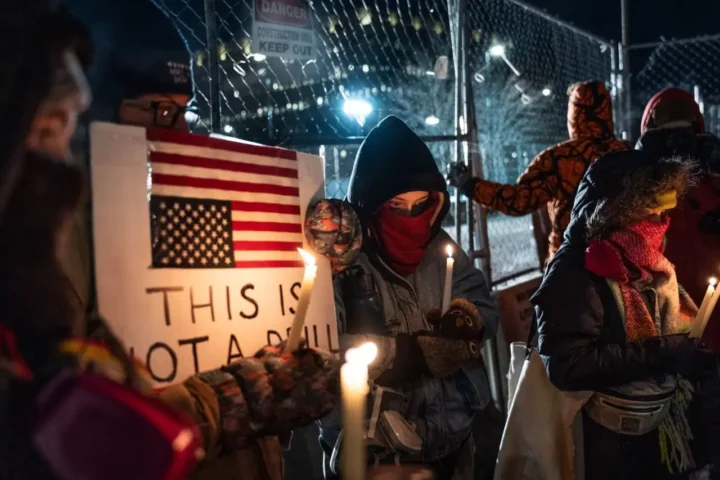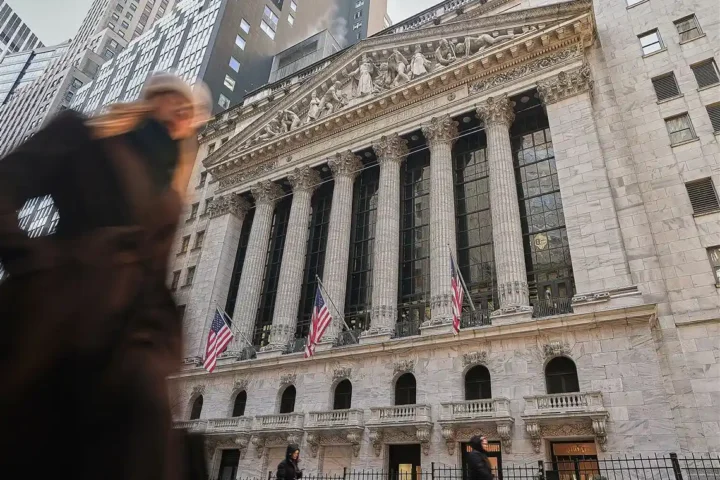The incoming mayor of New York City, Zohran Mamdani, will soon face an extraordinary rite of passage—not a ceremonial swearing-in, but a federal background check. Before America’s largest city can fully brief its next leader on terrorist threats or homeland security vulnerabilities, the federal government must decide whether Mamdani is “cleared” to know them.
Ordinarily, this bureaucratic step happens quietly, buried in procedural paperwork at the Department of Homeland Security. But in 2025 America, where governance and revenge have fused into spectacle, even the background check of a mayor can become a constitutional drama. The decision—whether to grant or withhold Mamdani’s top-level security clearance—has grown into a crucial test of how the country treats political opposition, dissent, and diversity in leadership.
Mamdani’s ascent embodies the paradox of the modern American left: an immigrant, democratic socialist from Queens, elected to lead an economic and cultural leviathan in the twilight of a deeply nationalist administration. His campaign combined a populist critique of inequality with a distinctly New York appeal to pluralism. That platform placed him in direct rhetorical—and perhaps ideological—collision with President Donald Trump, who has made a career of vilifying the very idea of “big city progressivism.”
The two men have already traded barbs. Trump questioned Mamdani’s citizenship and hinted at federal retaliation, while Mamdani shot back with sharp-tongued defiance, celebrating his victory as a rebuke to presidential power. These theatrics might seem par for the course in American politics. Yet when viewed through the prism of security institutions—FBI, DHS, and federal intelligence networks—they become far more serious.
If the White House were to delay, restrict, or deny Mamdani’s clearance, it would demarcate a new line in the erosion of federal-local cooperation, especially in a city that remains one of the nation’s foremost terrorism targets. It would symbolically signal that political alignment now conditions access to vital information about homeland defense.
From Symbolism to Substance
Trump’s use of security clearances as a political weapon has already been abundantly documented. Revocations targeting former presidents, national security officials, and state attorneys general were once symbolic—gestures designed to humiliate adversaries rather than to alter policy. But a denial of clearance to a sitting mayor would have immediate and practical consequences.
The mayor of New York, by necessity, operates within a dense web of federal coordination—counterterrorism briefings, port security, cyberthreat sharing, and emergency management. Without full clearance, Mamdani would rely on intermediaries within the NYPD or FEMA to make critical safety decisions. That framework could technically function, but politically it would brand the new mayor as an outsider in the security state’s eyes.
John Sandweg, former general counsel at DHS, captured the stakes succinctly: blocking a clearance for an elected mayor would be “unusual and more impactful than any other revocation.” It’s not simply a bureaucratic inconvenience; it’s a statement about who counts as trustworthy in the American system of governance.
The Citizenship Undercurrent
That question of trust inevitably intersects with Mamdani’s heritage. Born in Uganda, shaped by immigrant experience, and naturalized as a U.S. citizen in 2018, Mamdani represents a newer generation of American political identity. His story—an African-born, Muslim-background son of an academic and a filmmaker rising to lead New York City—embodies the country’s plural democratic promise.
Yet, as recent rhetoric suggests, it also invites suspicion from nativist corners of Washington. Calls from a Republican congressman to “reexamine his citizenship” or even deport him underscore that, beneath the clearance debate, lies a resurrected form of political McCarthyism, in which origins rather than conduct determine loyalty.
If the administration weaponized national security processes against such a figure, it would not merely punish a critic—it would signal to millions of naturalized Americans that citizenship itself can be conditionally recognized. That precedent would stretch beyond Mamdani, haunting future immigrant leaders in cities and states across the country.
The Institutional Dilemma
The agencies tasked with conducting Mamdani’s background investigation—principally the FBI and DHS—find themselves in an unenviable position. Approving the clearance would likely anger a president known for punishing bureaucratic independence. Denying it, however, would erode long-standing norms of professional neutrality and the institutional separation between intelligence work and partisan politics.
For over two decades, the federal-local security partnership in New York has been treated as sacrosanct. After 9/11, joint task forces made sure that city officials, regardless of political party, had immediate lines of communication to Washington. A clearance denial would mean reintroducing friction into this once-seamless architecture of trust.
The practical outcome would be slower coordination in crises, fragmented intelligence interpretation, and a chilling effect on information-sharing at every level. Symbolically, it would announce that democratic mandates—the expressed will of millions of New Yorkers—are secondary to executive discretion in Washington.
The Mamdani clearance episode thus becomes a referendum on how resilient American institutions truly are after years of partisan corrosion. The danger is not only that a mayor may be denied classified information, but that a precedent will form where security judgment is replaced by political calculation.
It also reveals how fragile the balance has become between the executive branch and elected local governments. In an age when cities increasingly serve as policy counterweights to federal priorities—whether on climate action, immigration, or policing—a clearance decision can double as a loyalty test. That dynamic transforms local governance into a de facto extension of national political warfare.
Most security professionals believe Mamdani will ultimately receive his clearance. His record lacks triggers, his debts are minimal, and he holds no known conflicts. Federal officials, aware of the optics, may quietly approve the clearance to avoid a constitutional confrontation. Yet even if the outcome appears routine, the process itself will leave a trace—reminding both sides how politicized security has become.
For Mamdani, the moment could define his early tenure: whether he responds with confrontation or statesmanship may set the tone for his relationship with Washington. For Trump, the decision will illustrate whether his presidency remains governed by retribution or restraint.
And for the rest of the country, it will answer a deeper question: can America still distinguish between disagreement and disloyalty? The clearance inquiry may seem like a minor bureaucratic step, but in reality, it’s a democracy under review—background check included.











